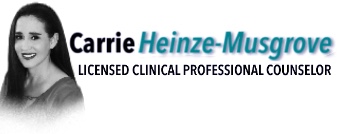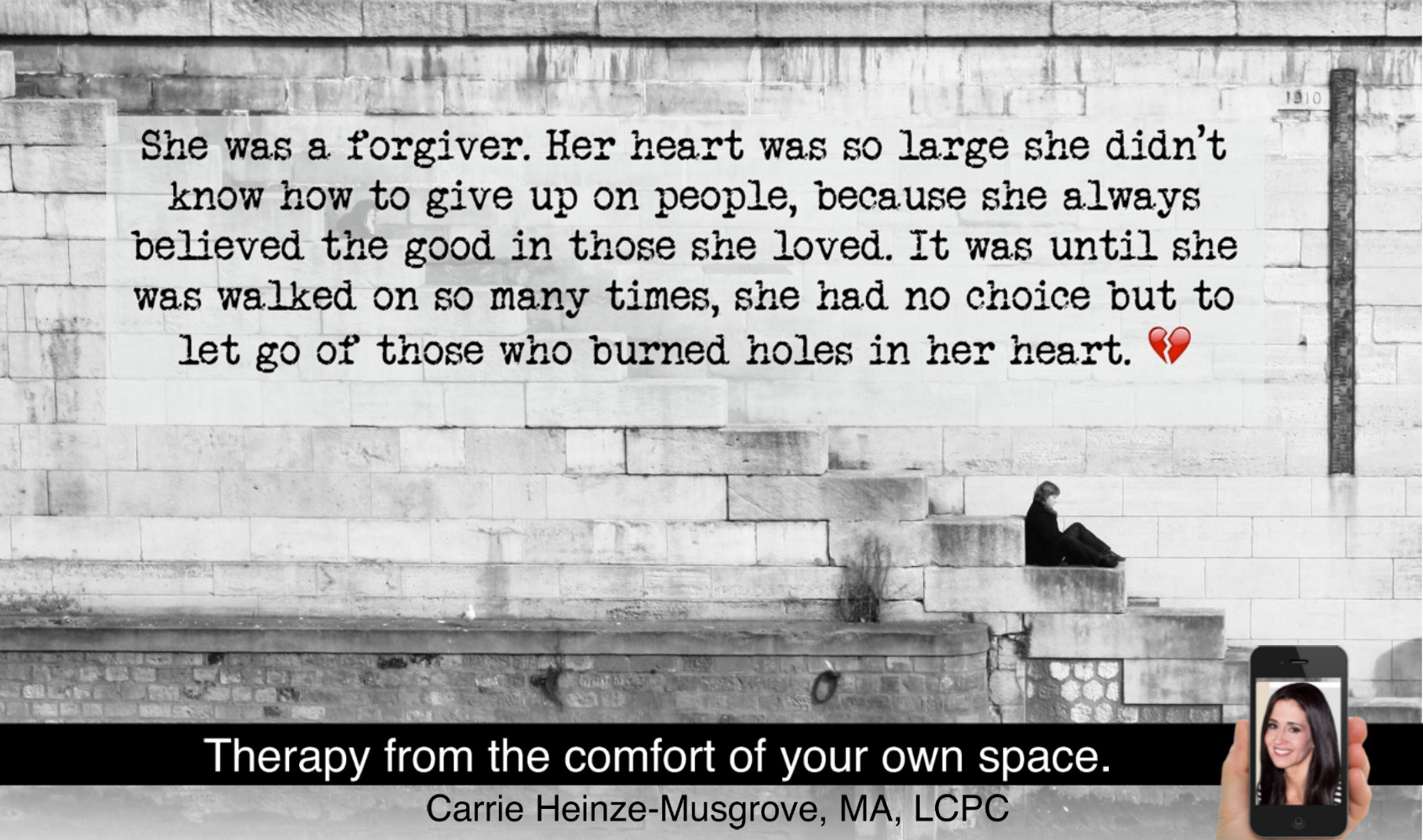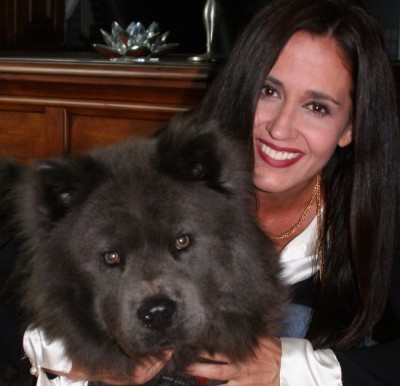People who have experienced hurt, betrayal and abuse have every right to be angry and resentful. These feelings are perfectly normal. But we know that holding on to anger can be incredibly damaging on a number of levels.
There is a healing, a power and a reconciliation that comes from forgiveness. By all means, learn to forgive. If someone makes a mistake or two and you forgive, that’s great. Also, I am not asking that you hold a grudge until the end of time. There’s a balance.
There is such a thing as being too forgiving. If you are continually forgiving and forgetting repeated wrongdoings by others, then I encourage you to begin to learn other ways of coping. If you find that you are repeatedly forgiving someone for the same or similar actions, then the fault lies within yourself.
Forgiveness does not mean you must continue to tolerate. Forgiveness is a choice. You can make the choice to forgive and determine ahead of time what you will do should you be subjected to the same transgressions. This is where setting boundaries come in. You have to determine what you can control and what you cannot. Hoping the behavior will change is not a plan.
And if you want to protect the long-term happiness and mutual respect of your relationship, it’s important to stick up for yourself. It is important to demonstrate confidence. It is important to demonstrate respect for yourself. It is important that they know you will not tolerate ‘offenses’ on a regular basis.
Forgiving too much and co-dependency tend to go hand in hand. Please take my co-depency quiz to learn more.






